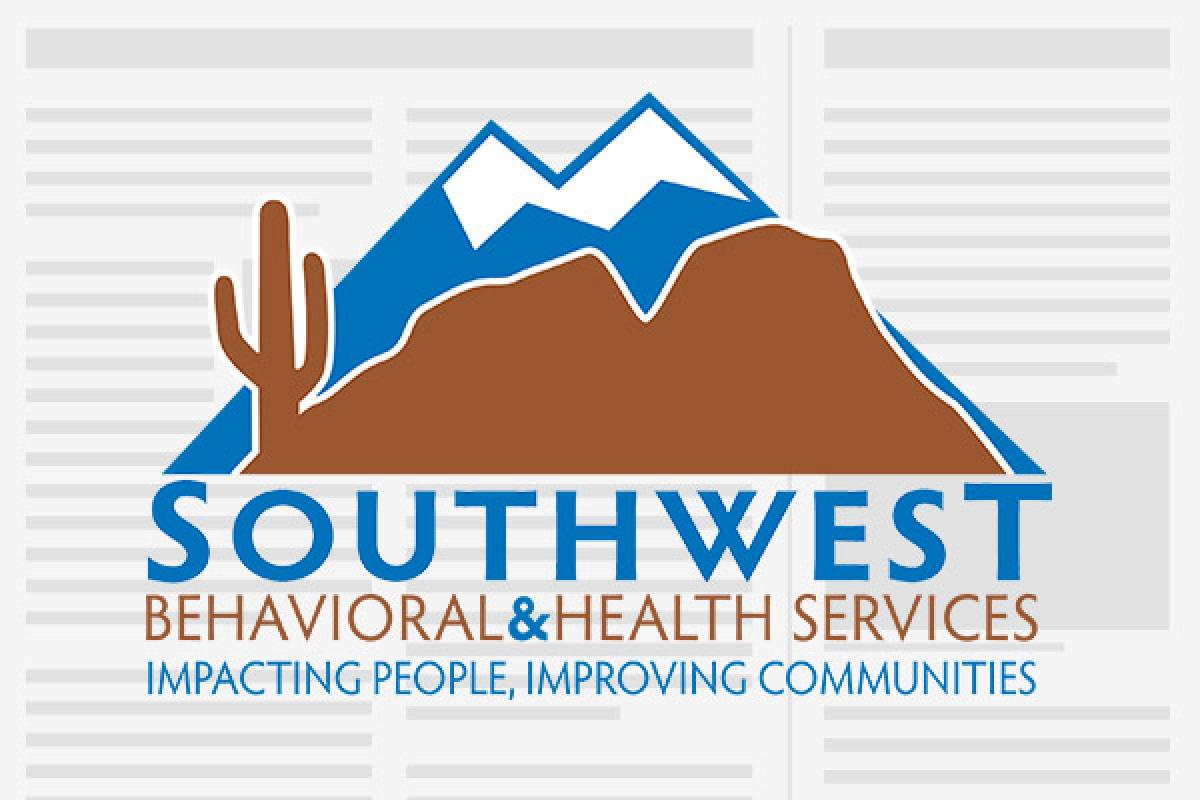
A recent study published in The Psychology of Addictive Behaviors found a correlation between marijuana use among first-year college students and the frequency of skipping classes. Many parents assume that because their children are young adults, they can rest easy in having completed their job as parents. It’s important that they recognize the effects of marijuana use and stay involved in their sons’ and daughters’ lives.
The prefrontal cortex of the human brain continues to develop into the mid-20s. This means that even though a young adult might be of legal age, they may still lack a fully formed capacity to anticipate the potential negative consequences of experimentation with substances. They also are at higher risk of developing an addiction than an older adult with a fully developed brain. Ninety percent of addictions begin before the executive center of the brain is complete.
For those parents who may not know how to broach the subject with their college kid, there are helpful resources to get the conversation going. College Parents Matter has a resource to guide you in establishing open communication, as well as anticipating high risk situations. The Partnership for Drug-Free Kids has additional information on prevention talks with young adults and how to intervene if they do begin to experiment with drugs and alcohol. Even though parents lack control over their young adult childrens’ actions and choices, they do have an important positive influence in their lives.













